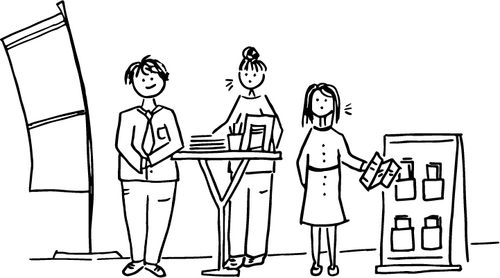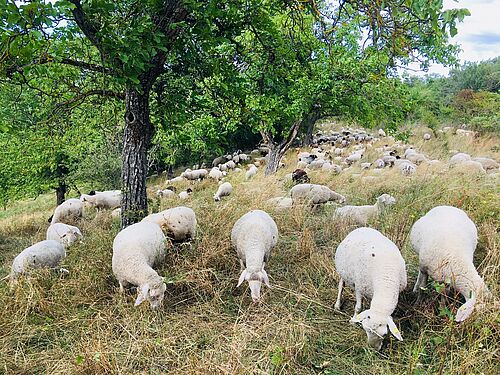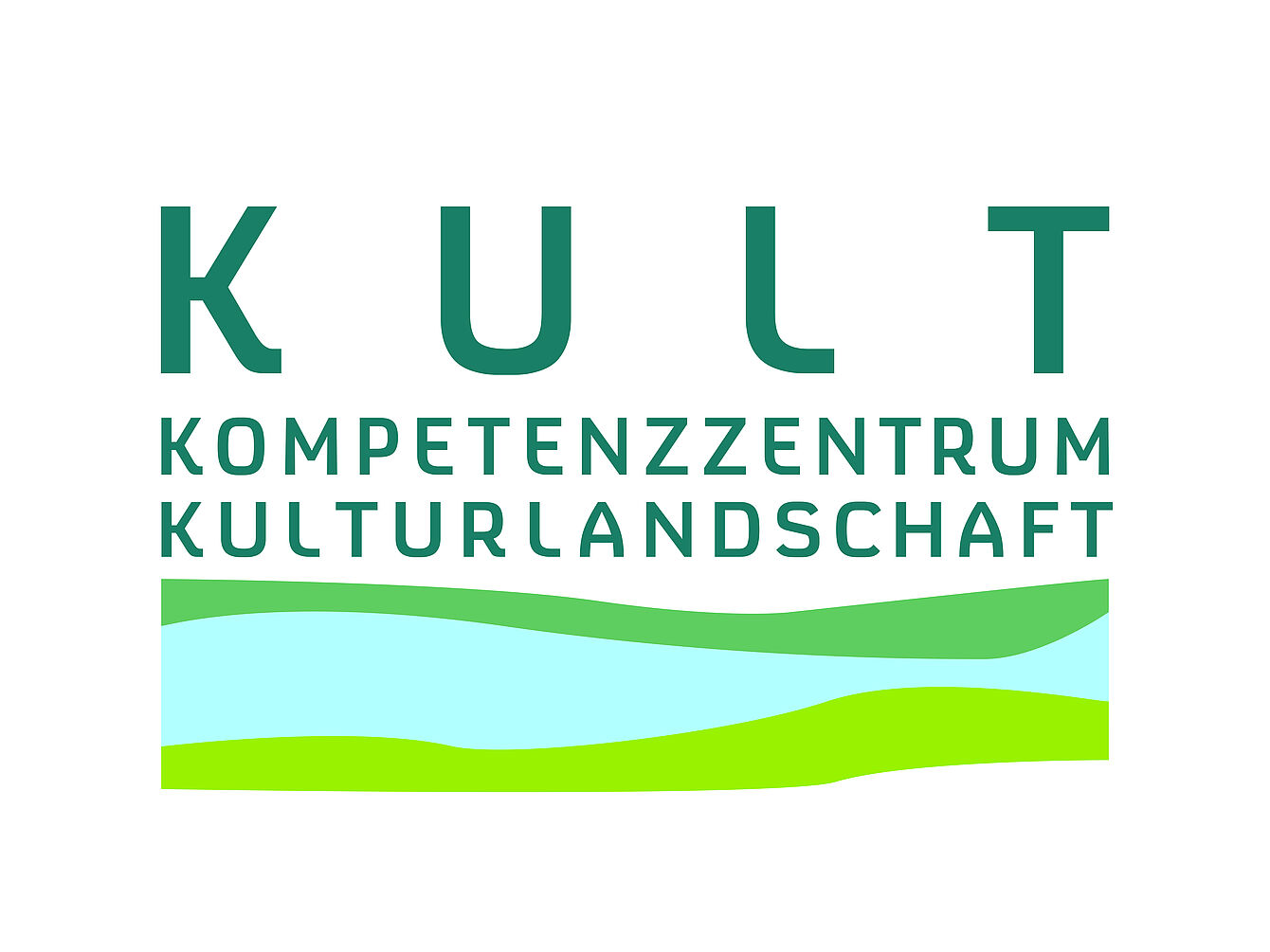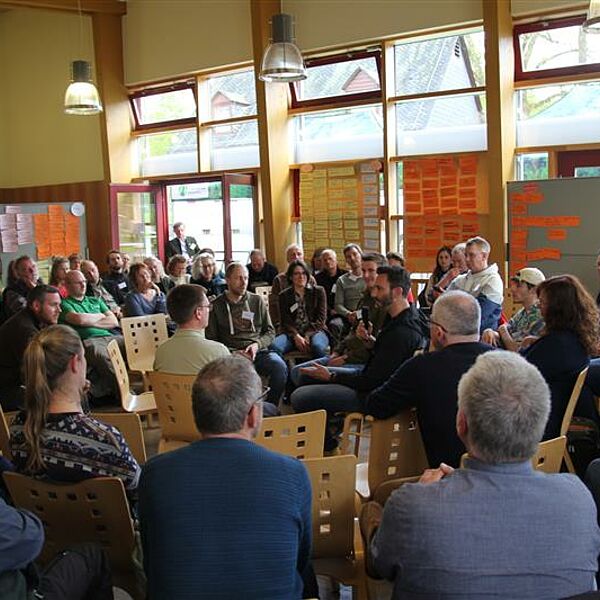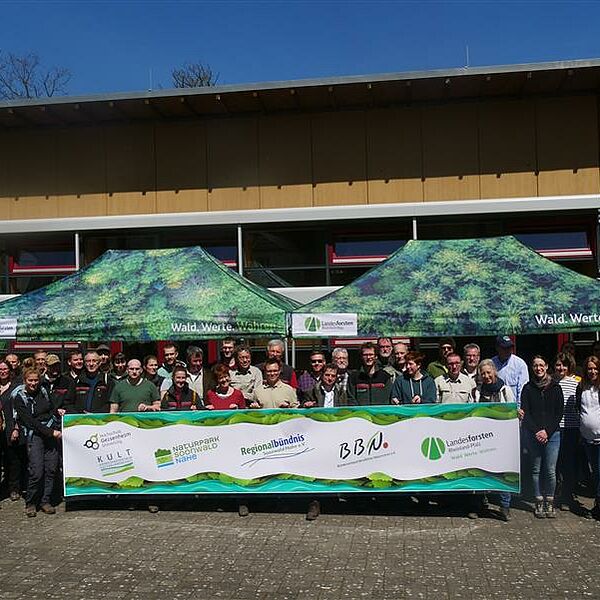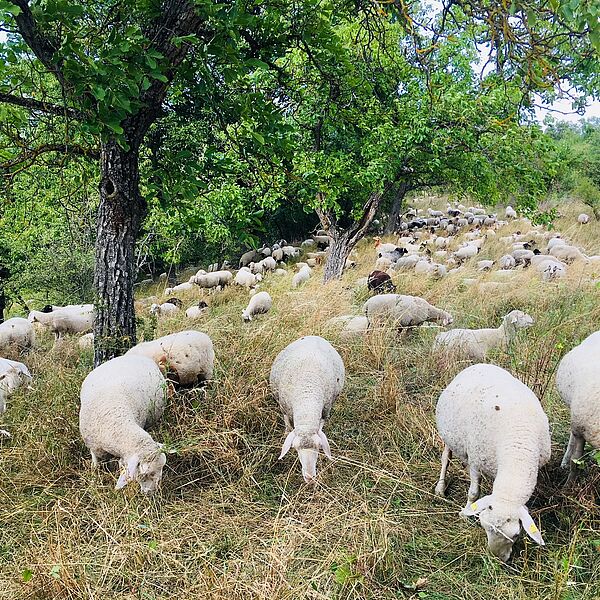Professor Wagner took up the newly created Professorship for Sustainable Use of Resources and Life Cycle Analyses for Special Crops in fall 2021 and inspired his audience with his inaugural lecture on “Grüner Wein – Auf dem Weg zur ganzheitlichen Bewertung der ökologischen Nachhaltigkeit von Sonderkulturen“ (Green wine – towards a holistic assessment of the environmental sustainability of special crops). His presentation focused on the following questions: How sustainable is winegrowing? How do we assess the various ecosystem services generated by viticulture? And how can we estimate the true costs of winegrowing?
Professor Wagner obtained his PhD on methodological approaches for assessing the environmental performance of the cultivation and use of renewable resources in the context of bioeconomy. As part of his research priorities, he focuses on assessing the environmental sustainability of special crops along the entire value chain. In addition to identifying the negative environmental impacts, he also integrates the positive ecosystem services into the assessment process in order to optimize the analyzed system from top to bottom.
The lecture, which was also offered as a live stream, was followed by a reception where attendants had the chance to ask questions and enter into discussions.

